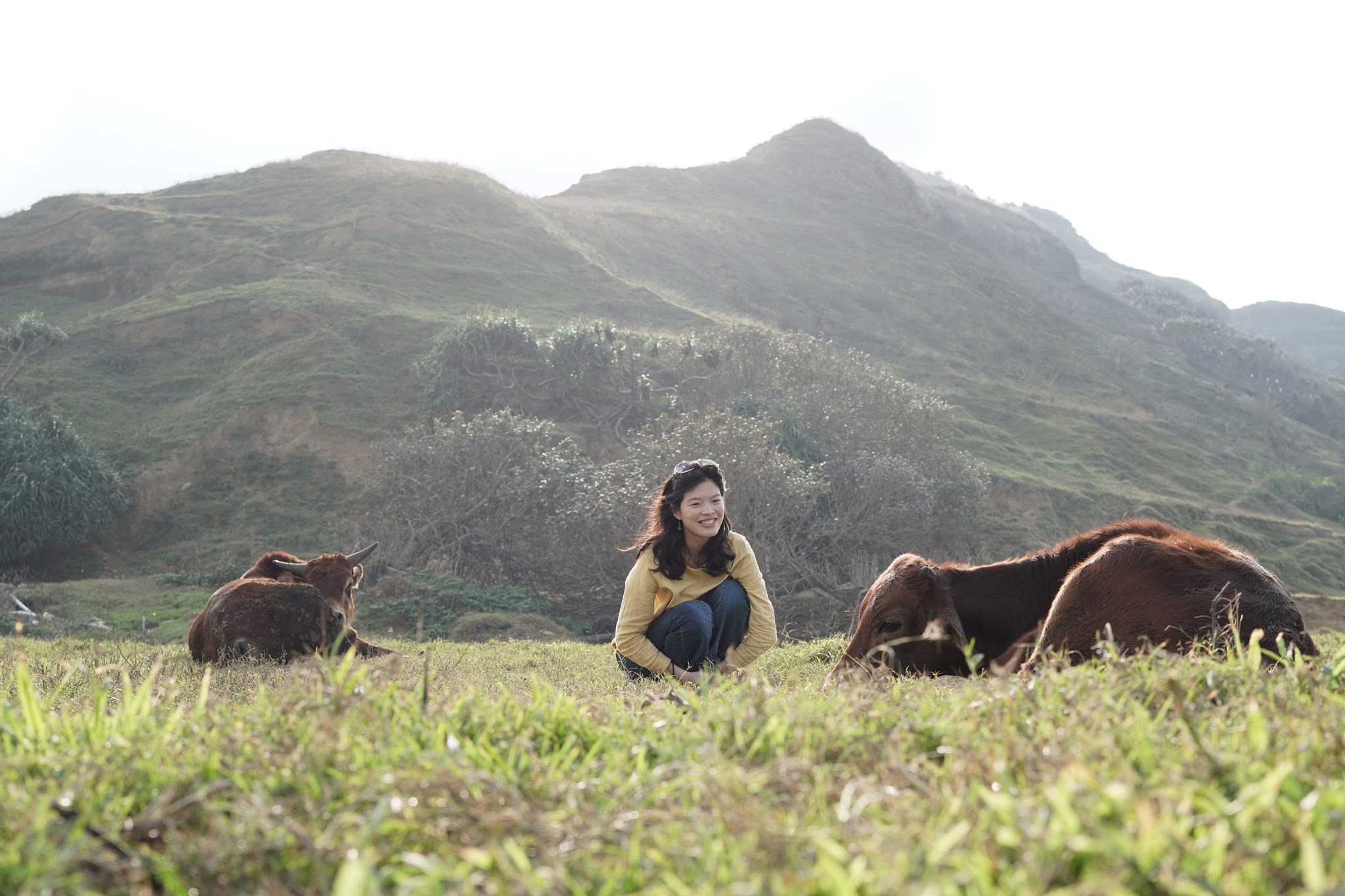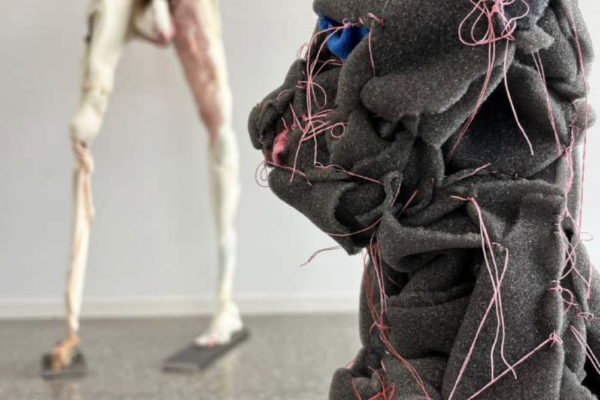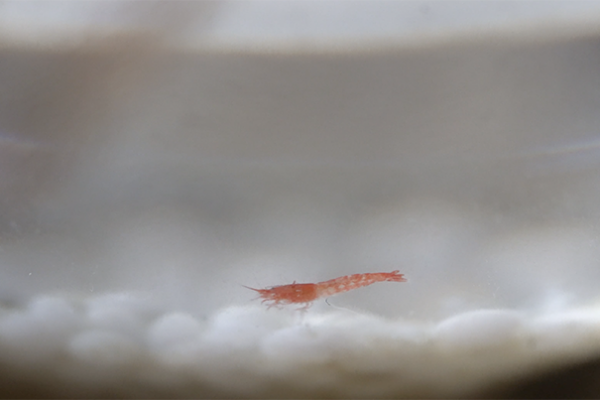Whereas gradual progress is occurring toward legal and other rights for animals across the West, the same cannot be said in East Asia. Yuan-Chih Lung is working to change this, says 2020 CAF Navab fellow, Vivian Qiu.
Yuan-Chih first became aware of animal-related issues as a university student in Taiwan. She quickly adopted a vegetarian diet and joined reading groups in animal studies. Her interest didn’t wane after she graduated. She chose to move to Beijing and work for a variety of animal advocacy NGOs before becoming an independent scholar and educator in the animal rights space. Animal Peptalk, an online video and podcast channel where she discusses the status of captive wildlife in Asia, is her most ambitious and creative project to date.
Animal Peptalk (which received a 2019 CAF grant) allows Yuan-Chih to combine her passions for animal welfare, philosophy, and movie-making to create content in an underrepresented space. With her series of videos and talks, Yuan-Chih hopes to produce information that is accessible to the ordinary person.
This task is proving more challenging than she anticipated. Most conversation on animals in East Asia revolves around the maintenance and grooming of one’s pet cat or dog. Wildlife, on the other hand, do not receive the same sympathy or commitment to action. Many people in rural areas still use animal parts as a form of medicine and healing. Even the emergence of COVID-19 hasn’t deterred animal exploitation. Although rules about eating wild animals have been announced, these are still being flouted, and the exploitation of animals in the fur and entertainment industry remains.
So what can someone do to change the narrative? For Yuan-Chih, it comes down to showing what’s real. Knowing her audience, and recognizing what she has to avoid (culturally, and in consideration of censorship policies in China), Yuan-Chih tries to shift the focus from ideological concepts of animal rights to highlighting how farmed and wild animals are impacted by human activity. Many of her videos involve her visiting farms to document the reality of the conditions for the animals, and to engage in further discussion. She often collaborates with pioneers and respected peers on the impacts humans have on animals, and how a reduction in consumption would lead to improved environmental and health outcomes—topics that, she observes, are increasingly meaningful for everyday people in East Asia.
Through her new Animal Peptalk content, as well as a book she aims to publish documenting animal advocacy in Chinese communities, Yuan-Chih continues her efforts. She would like to sell the book in Malaysia, Singapore, and mainland China as well as Taiwan, and shift to focusing on the younger teenage demographic in her educational work. In these ways, Yuan-Chih hopes to foster growing attention and mobilization in the movement, and thereby bring about real change.





